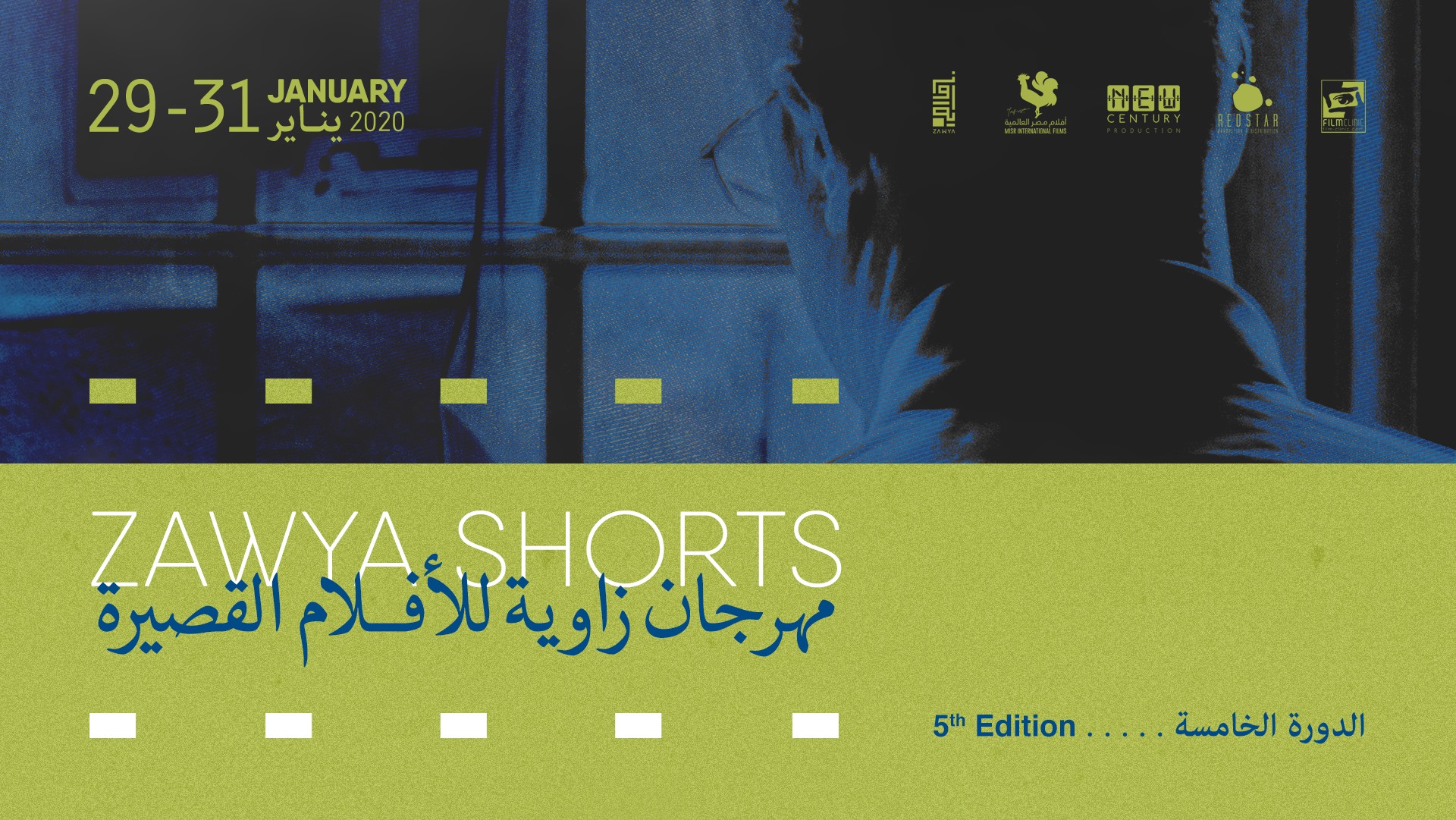
Walking into a packed movie theatre full of family and friends of the young aspiring Egyptian directors whose films were to be screened, as well as film and art enthusiasts alike, I made my way to my seat and listened to film director Bassam Mortada explain how the evening will go.
Sitting in what used to be known as Cinema Dunia Karim – and is now Zawya Cinema’s new official venue – the second day of the Fifth Edition of Zawya’s Short Film Festival had six short films for us in store, ranging between six to 21 minutes in duration.
Mortada explained that following the screening of the six short films, the audience would get the opportunity to participate in a Q & A (question and answer) session with each of the six aspiring filmmakers. Audience members also got polling forms for each film in order to rate every project and determine which of the films screened would win the EGP 10,000 Film Clinic Audience Award, which is one of the festival’s four award categories.
I am a Bedouin by Ghada Eissa
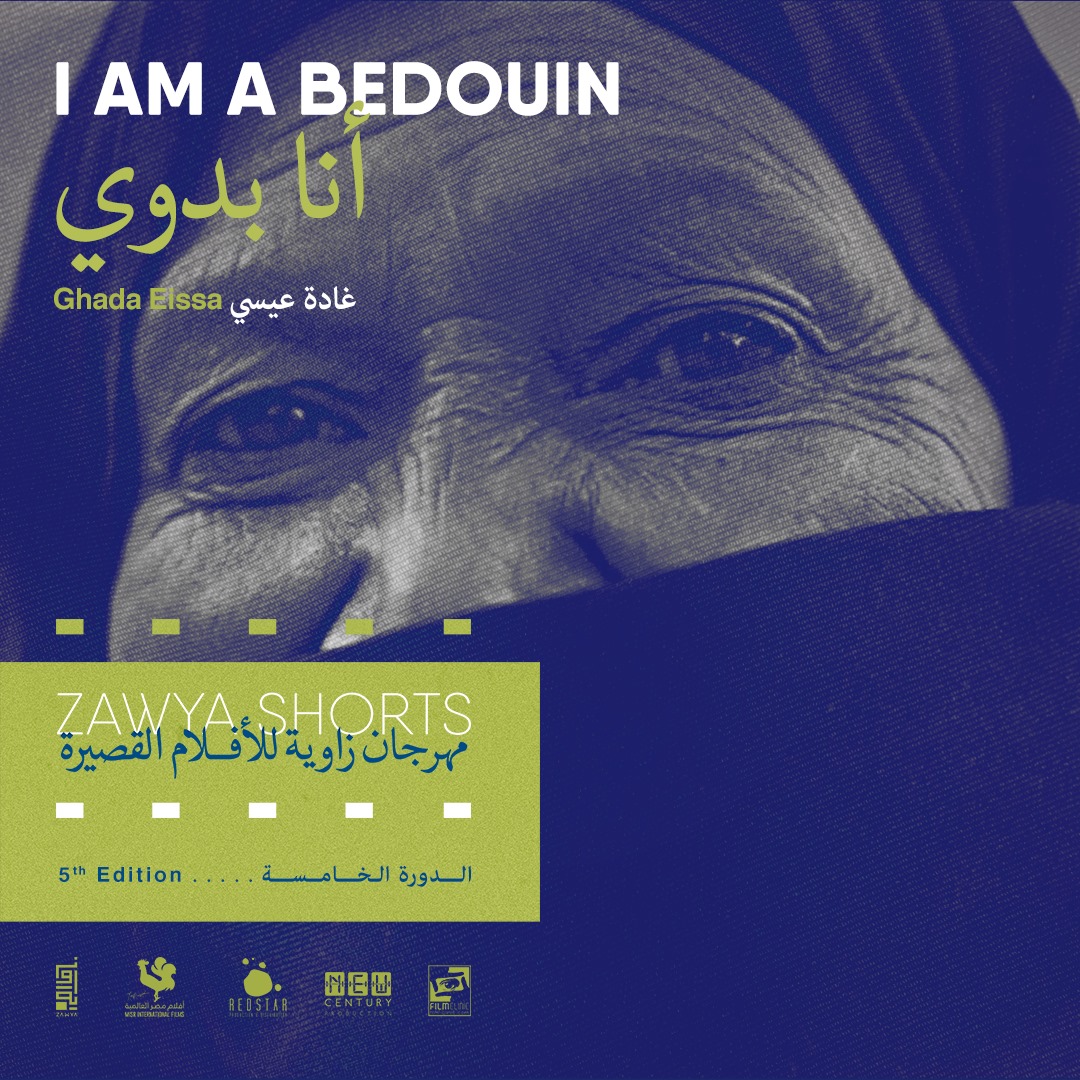
The first film of the night was a 10 minute short film by filmmaker Ghada Eissa called Ana Badawi (I am a Bedouin). Within its short timeframe, the film attempts to shed light on the culture and lifestyle of South Sinai’s Bedouin people—tribes who live in and around the Sinai desert.
Using quick frame cuts, jumping from one scene to another and layering various voice overs from some of the interviewed Bedouin people, Eissa gives off a feeling of uneasiness—perhaps in an attempt to coincide with some of the harsher aspects of the Bedouin lifestyle. In addition to this style of shooting and editing, Eissa also breaks the film into smaller chapters, giving titles to different sections of the film, clarifying what we will be hearing the Bedouins talk about next. The film itself tackles a rather interesting topic as the Bedouin lifestyle is as magnetic as it is enigmatic, however the rather fast-paced jump cuts were at times distracting.
The Trap by Nada Riyadh
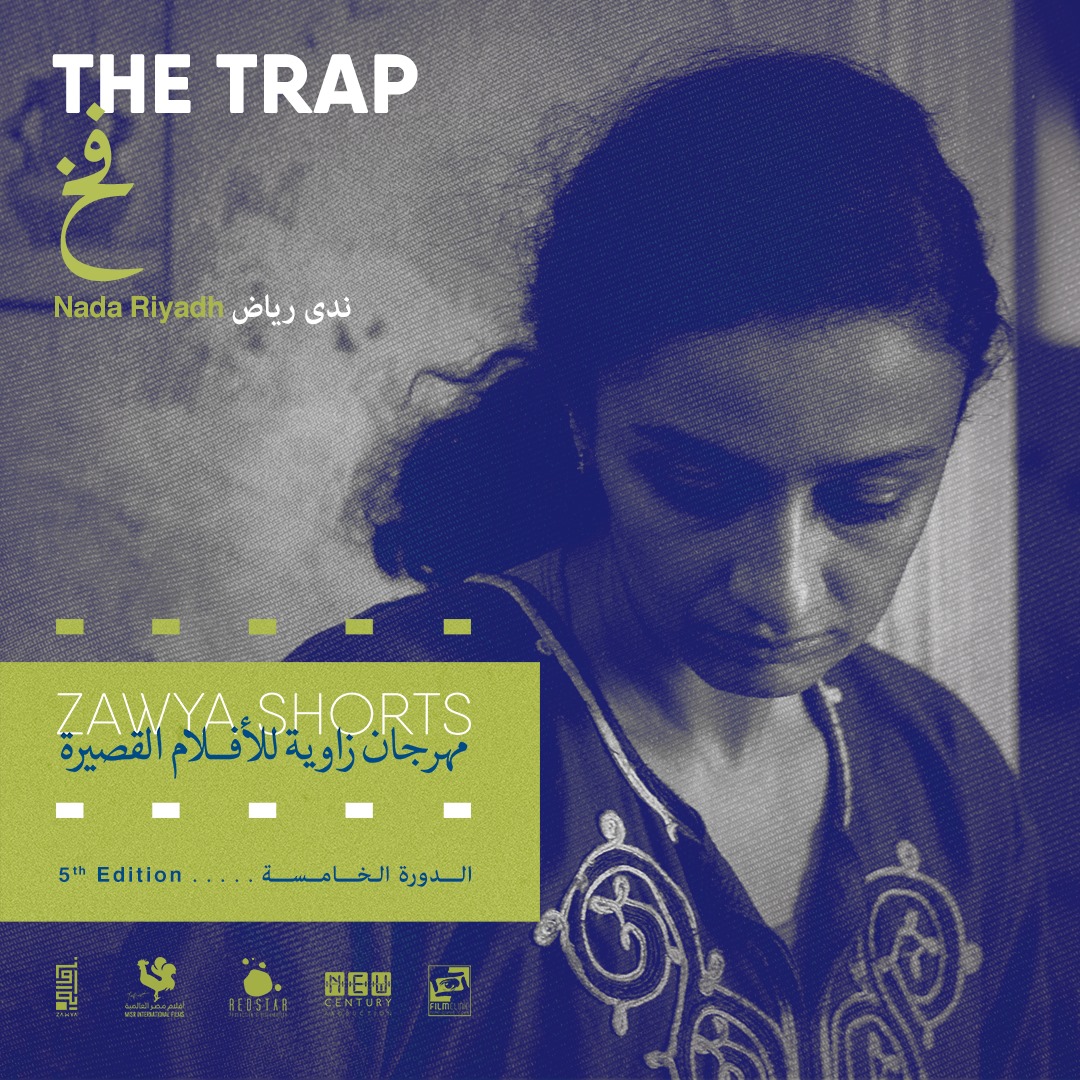
This 21 minute short film by filmmaker Nada Riyadh was both bold and difficult to watch. Fakh (which roughly translates to The Trap) revolves around a young, low income couple residing in Alexandria. Aya, the young woman we see on screen, is involved with an abusive young man and they have been living together out of wedlock. Throughout the film we see Aya trying to plan her escape in fear of getting caught, the young man seems to have a temper and it becomes evident that he has an abusive nature—both physically and emotionally.
As the young couple make their way to a run down, rat and cockroach infested apartment, we see the young man trying to kiss Aya multiple times, telling her he loves her, while she disgustedly tries to pull away. In the film’s 21 minute timeframe, we manage to understand the complexities of these individual characters as well as those of their relationship. Ultimately, when it seems as though Aya has finally gotten her chance to leave (given to her by her abusive boyfriend), we see the vicious trap that she has caught herself in once again as he changes his mind at the last minute and forces himself on her while she lies on the floor with a lifeless look in her eyes.
2090 KM by Aly Soliman Salem
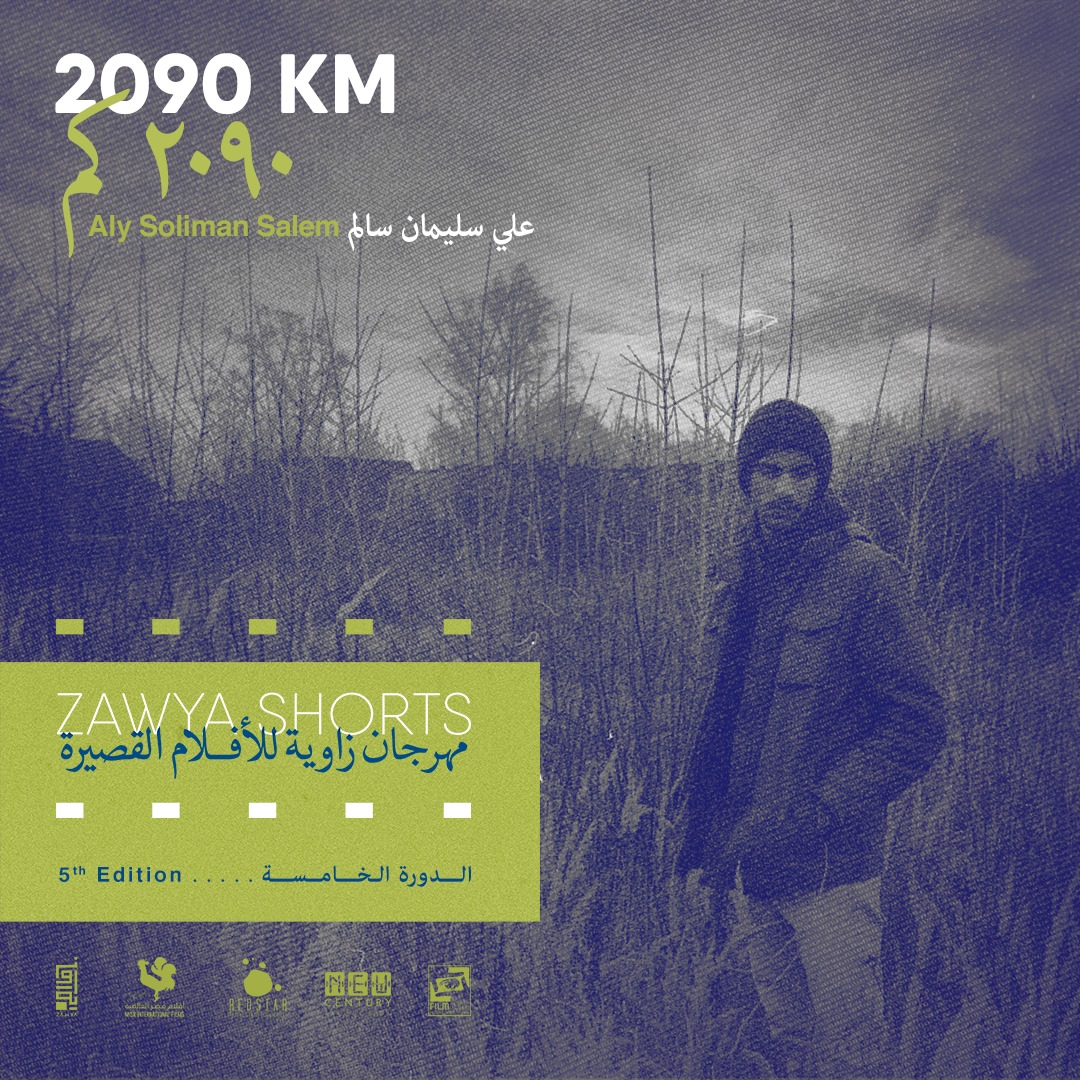
In this five-minute short film, Aly Soliman Salem seems to create somewhat of a visual personal diary of sorts as he explains his feelings of transition from moving 2,090 KM from Cairo, Egypt to Berlin, Germany. The film transitions between various shots of Cairo overlaid with scenic shots from Berlin, while Salem provides a voiceover throughout that seems to sound as though he is reading pages out of his diary.
He talks of missing his home—most especially his grandparents’ home which was sold and in which he has cherished childhood memories, as well as his feelings of isolation or loneliness in his new hometown of Berlin. Although lacking in some cinematic and conceptual qualities, Salem’s attempt at sharing his personal thoughts on this life transition through film is both humble and endearing.
Confusion by Mohamed Hussein Anwar
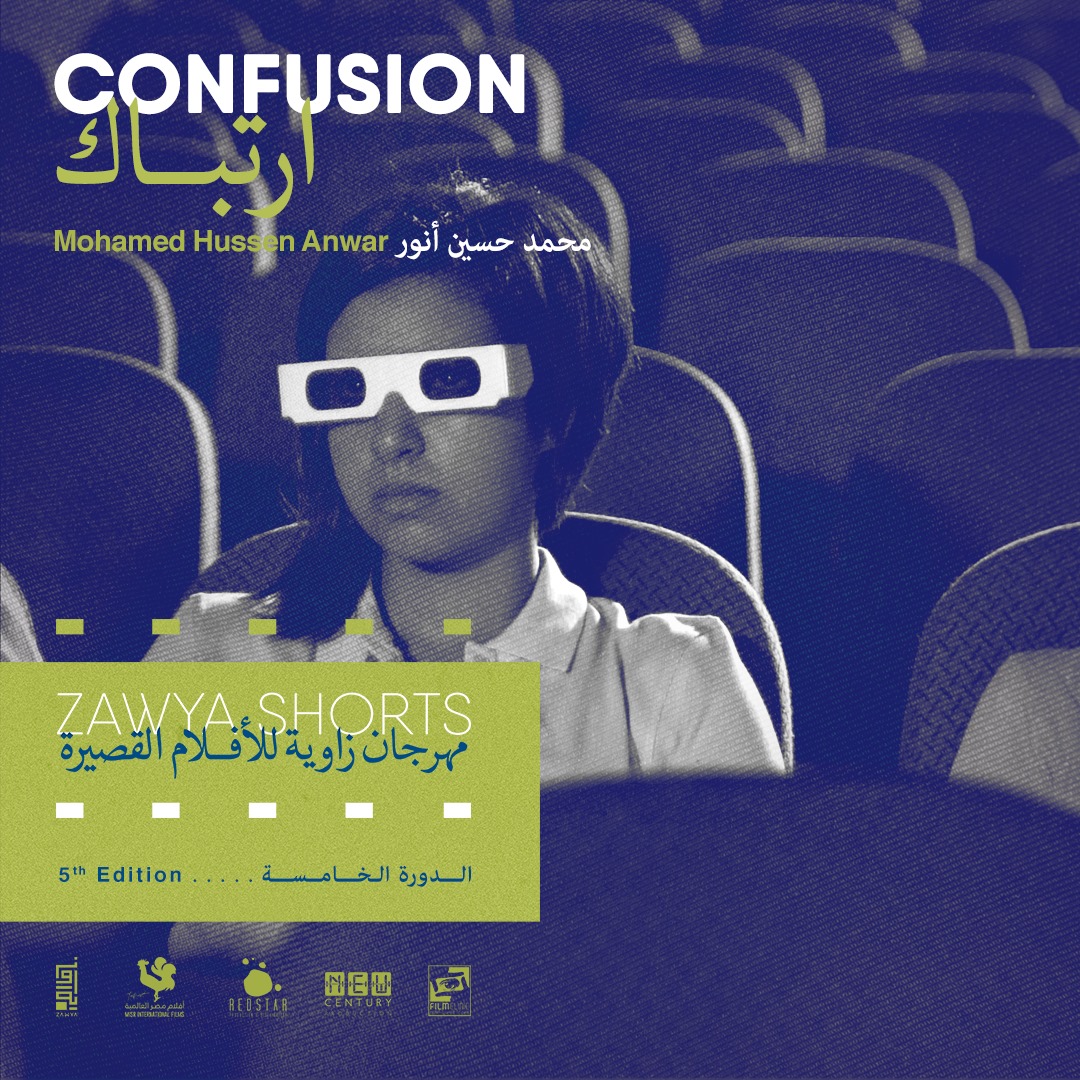
Mohamed Hussein Anwar’s 11-minute drama about a young girl who finds out that her father is cheating on her mother through a voice note he accidentally sends her is an interesting take on an everyday modern Egyptian family. In an innovative attempt to encapsulate the idea of portraying the phone as a character, Anwar shoots his entire film vertically.
We see a young girl at the cinema with her friends as she receives a text from her father, we then see the chat on screen and realize that her father meant to send the message to his mistress. When his daughter tries to call him and further make sense of things, he quickly texts her an apology and asks her not to tell her mother—he also attempts to bribe her into silence by saying he will give her the money she has been wanting in order to go on a school field trip.
The film moves on to portray the awkwardness and confusion of the situation through scenes such as a silent family lunch and the absent-minded daughter paying no attention to her friends and thinking she had lost the field trip money that her father tried to silence her with. All in all, the film seemed rather too direct at times, and the feelings portrayed on screen seemed somewhat inauthentic and diffused. However, it was a brave attempt at portraying a difficult family situation by Anwar.
Amin by Ahmed Abuelfadl
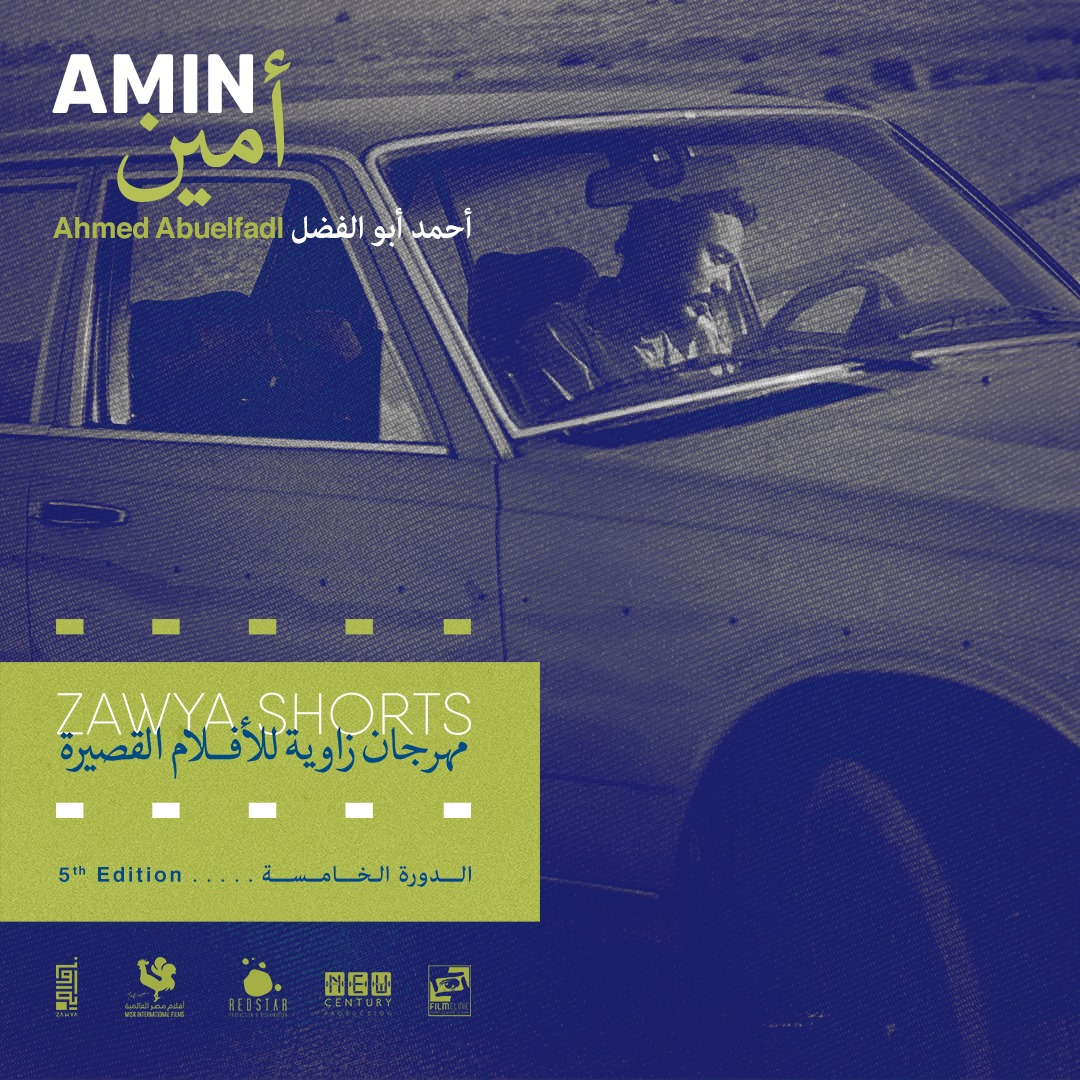
In this six-minute short film, we see the fictional story of a young film director who stole the footage of a long lost film by an old, renowned Egyptian film director. Throughout the film, the young director is running away from people chasing him for the coveted film footage while he writes a letter to his love. The voiceover of his letter to this young woman explains discoveries he has made about himself, his life, and their relationship together. As the young director reflects on both his personal and professional life, he ultimately buries the stolen film footage somewhere in the desert. Abuelfadl’s almost cowboy western-like take on the film is an interesting choice, however even within its six minute timeframe, the film seemed rather slow-paced at times. All in all, the film’s subject was innovative and conceptually appealing.
Once Upon a Time in the Cafe by Noha Adel
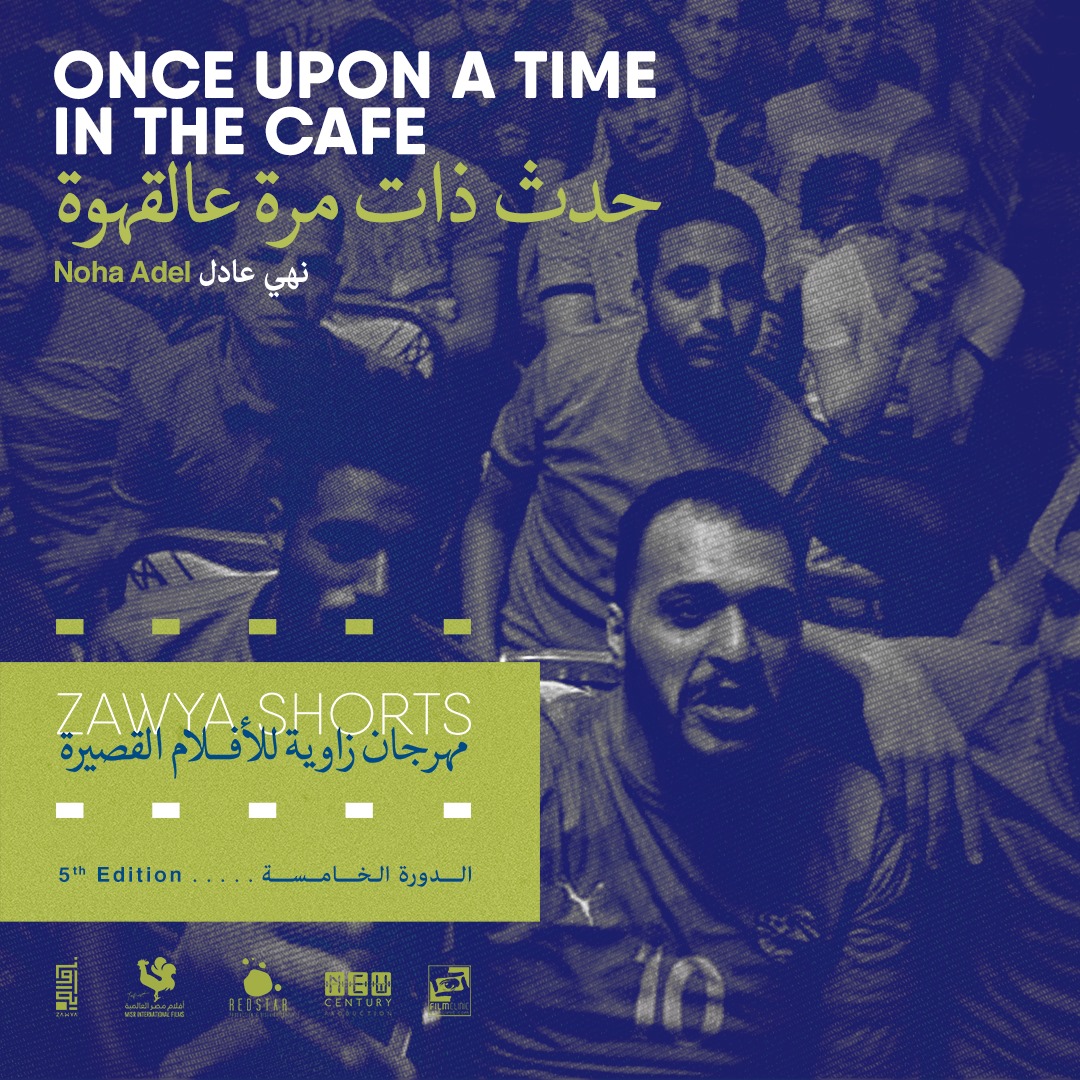
The final film of the night was a definite crowdpleaser, offering some much needed comic relief after some rather heavy subject matters in the previous films. Noha Adel’s 16-minute short film revolves around a group of men at a local ahwa (café) who are watching Egypt’s football match against Russia, which took place in the last World Cup. Amongst the usual local ahwa-goers is an out-of-place young man who comes from the upper class neighborhood of Zamalek and goes to AUC (The American University in Cairo), and once he disses football player Mohamed Salah, all hell breaks loose.
The seemingly real bickering of the local ahwa-goers in defense of Salah and blaming the outsider for bringing bad luck to the game is both comic and familiar—perhaps creating a sense of comfort in its familiarity. The film culminates in the young outsider taking his revenge on the ahwa-goers who kicked him out by talking a young boy into cutting the electricity off on them—however, the joke ends up being on him as well, as he rushes back to the café to witness Salah’s penalty kick which would be Egypt’s first and only goal during the game. To everyone’s dismay—including us audience members, the electricity cuts off just as Salah is about to score his goal, a scene which left the audience clapping with laughter. Adel’s film was a refreshing portrayal of Egyptian culture encapsulated very intelligently in the communality of a football game.
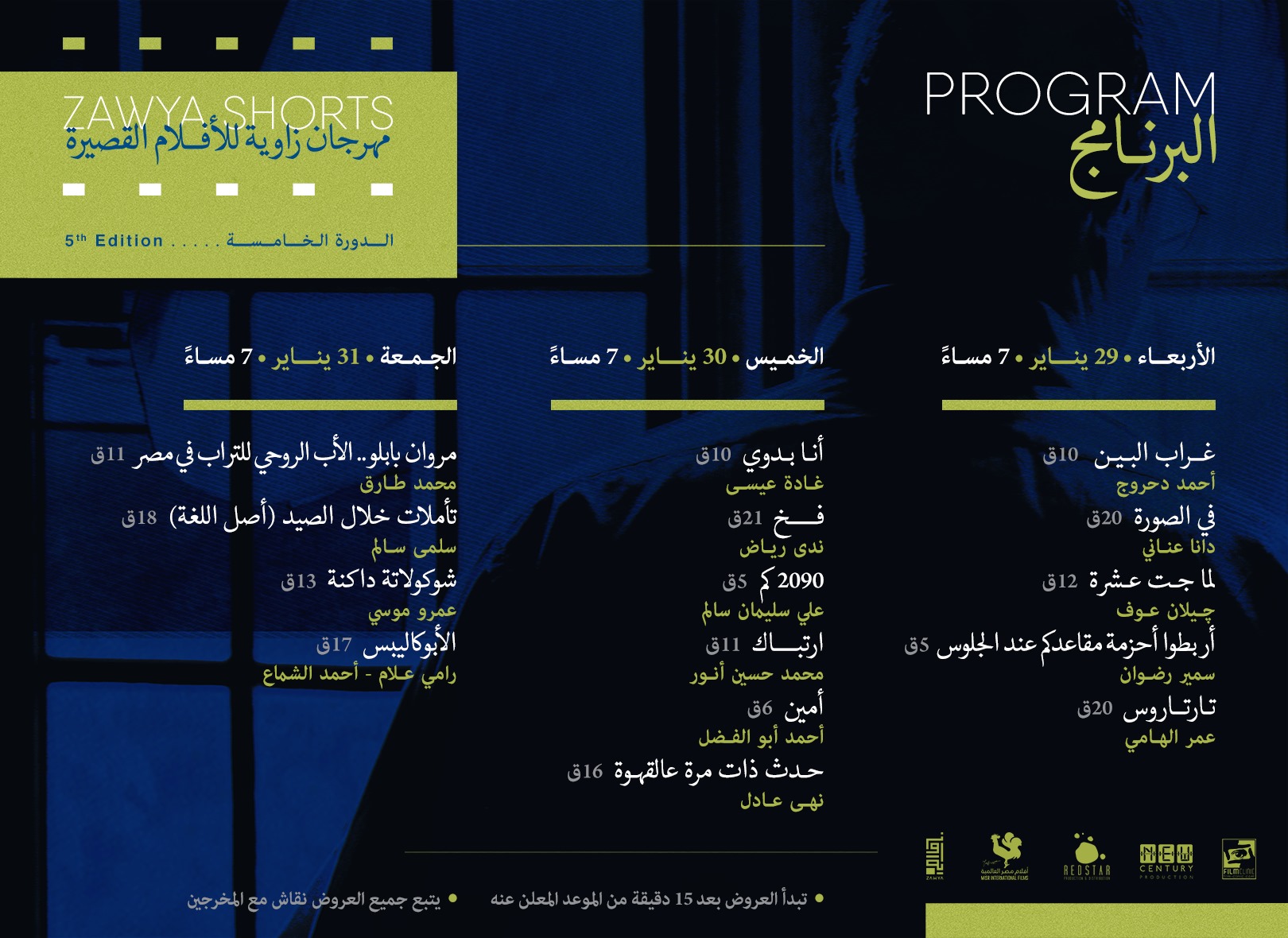
The Zawya Short Film Festival’s Fifth Edition runs between January 29th to January 31st, showcasing a total of 15 short films by local filmmakers.
Ticket prices cost 50 EGP for each day of the festival and the selected short films will be competing for the following four prizes: Red Star Films Best Film Award (EGP 15,000), Misr International Films Best Director Award (EGP 10,000), Film Clinic Audience Award (EGP 10,000), and New Century Productions Jury Prize (EGP 10,000).
*Featured image is a cropped version of Zawya’s poster for the short film ‘I am a Bedouin’, courtesy of Zawya’s Facebook page
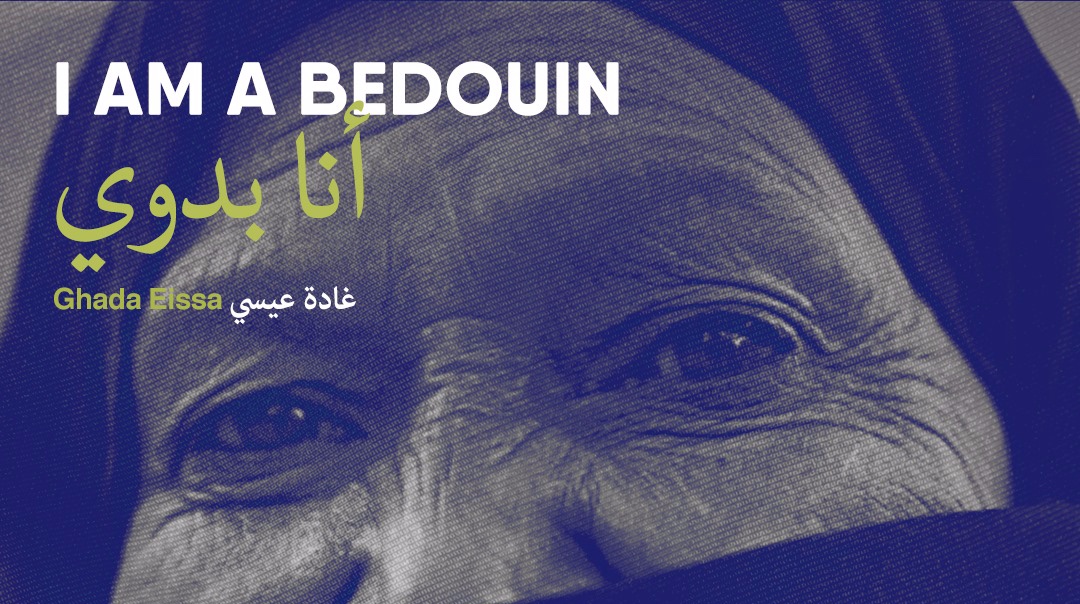


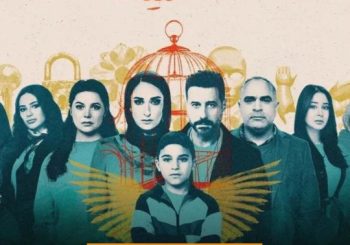
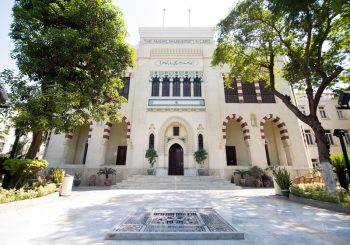
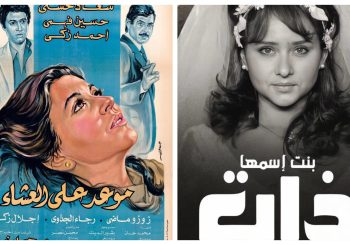
Comments (0)